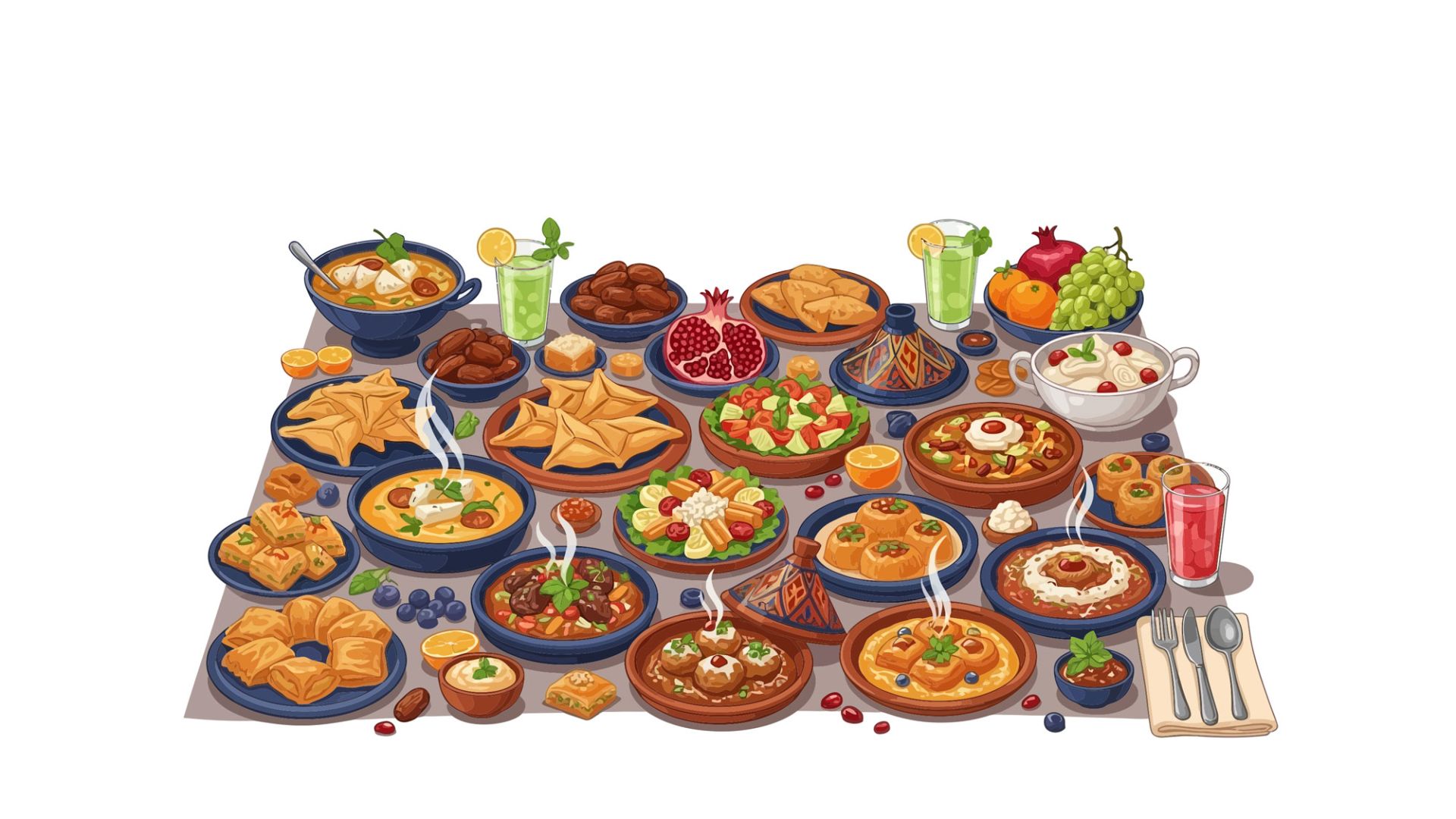Imām Ibn Rajab [d. 795 AH] said:
As for the saying of the Exalted in Might:
And do not wish for that by which Allāh has made some of you exceed others
It has been interpreted to mean the envy in which a man should wish the very same children and wealth that were granted to his believing brother, for himself [instead].
It has also been interpreted that it refers to desiring that which is an impossibility in an [Islamic] legislative capacity, or contrary to the universal order like a woman wishing to be a man, or that she has what has been assigned to men from rewarding religious acts like jihād, or worldly affairs like inheritance, the [amount of] blood money, or [the weightiness] of testimony. It has also been said that the verse is comprehensive in all of these things.
In spite of all this, a believer should be saddened by the religious acts of goodness he did not engage in. Thus, he has been ordered in terms of religious value to always look to the one who is better than him and to strive to the very best of his ability to compete with [those better than him], seeking to match them [in their goodness]. As the Most High says:
‘And for this (reward) then let those who compete, compete with each other (by hastening to piety and righteousness),’
[Al-Muṭaffifīn, 83:26]
[Competing] whilst not hating that any should share with him in the goodness that he engages in. Rather, he should love that everyone competes in this goodness. He should encourage them to that end. For this is from perfecting the naṣīḥah he directs towards his believing brothers.
Endnotes:
Source: Jāmiʿ al-ʿUlūm: 333-4
Translated by: Riyāḍ al-Kanadī













